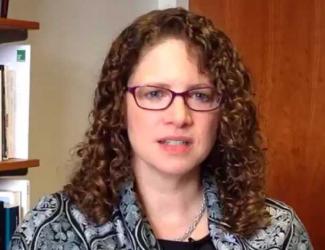In her second report to the Human Rights Council (34th session, March 2017), Special Rapporteur in the field of cultural rights Karima Bennoune considers how the rise of fundamentalisms and extremisms represent major threats to human rights worldwide, and calls for a global rights-based response.
To better understand the impact of this report, AWID interviewed Karima Bennoune around four main questions:
-
Why did she decide to focus on religious fundamentalisms in her report?
-
What are the common ways that extremisms and fundamentalisms violate cultural rights?
-
How can international human rights bodies use the knowledge of feminist activists to better address religious fundamentalisms?
-
Why are the report’s findings important for feminist activists?
The report
The Special Rapporteur defines fundamentalisms and extremisms as ideologies with diverse manifestations, but carrying common themes regarding their abuse of cultural rights.
The report puts forward a number of solutions that challenge the impact of religious fundamentalisms. Amongst others, one suggestion is to draw upon the expertise of women human rights defenders.
In support of the report, Alejandra Sardá-Chandiramani, Director of Programs at AWID, gave an oral statement to the Human Rights Council:
“Culture and religion must not be used/misused to justify violence and discrimination towards anyone, including women and girls; ethnic or religious minorities; or gender and sexually non-conforming persons. […] We urge states to act now to safeguard and protect cultural rights on a basis of equality, and we call on all relevant United Nations bodies to support efforts to oppose rising fundamentalisms and extremism.”
